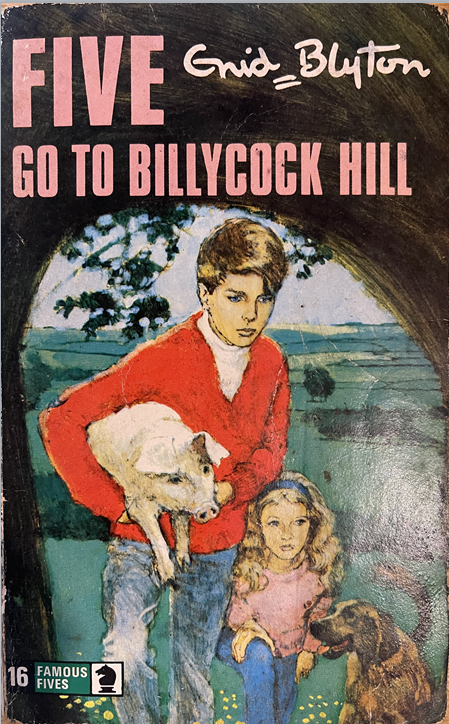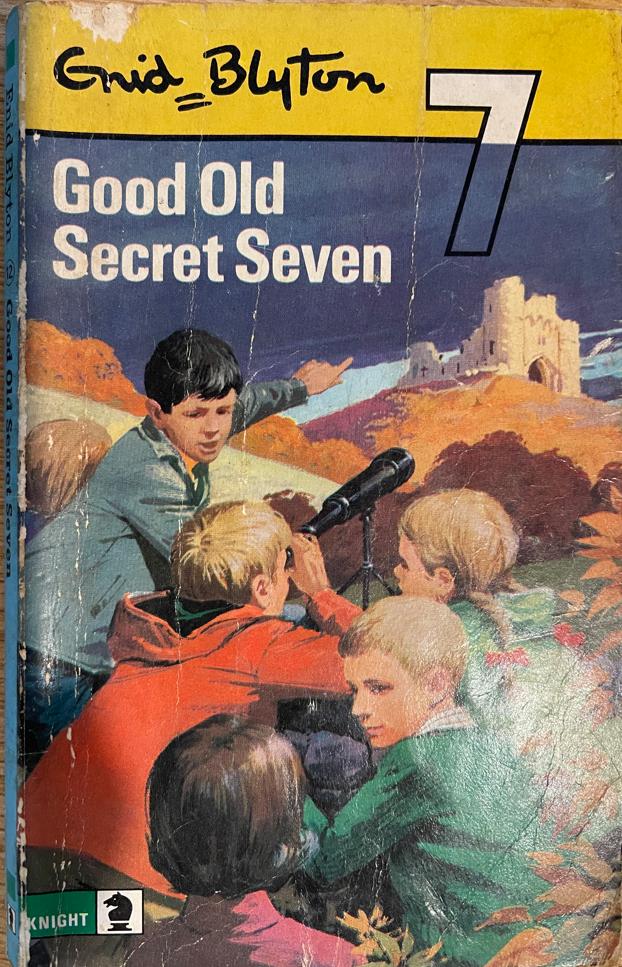This one is different
EPM Conversations has been lucky to have a variety of Performance Management guests: vendors, people from other places and tongues, fantastic players in our little technological space, and of course the Women in EPM series. All of them are great (even the ones where Yr. Obt. Svt. is a guest), insightful, interesting, and often quite funny. In short, they are the stuff that technology podcasts dream of.
What we have not had is a consultant who does not primarily have a technical bent. By that I mean, EPM Conversations is a technical podcast, it is presented by four consultants (although our participation switches round as our guests’ background dictates) who (mostly, although as you’ll hear in this episode that isn’t 100% true) are techies first and foremost. This episode’s guest, Sharon Wang, has an element of a technologist’s perspective, but at her core she is a management consultant focused on organizational change within the context of technology. Without – hopefully – sounding like a hick from the sticks, I find that utterly fascinating. It also opened my eyes about yet another professional path not taken in my so-called career because of the breadth that this dual focus brings to work, but such are the fortunes of war and of life.
Empathy. Consultants with a sense of empathy, said hardly no one ever.
Oh dear, that makes consultants sound like monsters who care not a whit for their poor clients. Of course that cannot be true lest said consultant wants a very short time in the workforce, but regardless putting oneself in someone else’s shoes can be difficult, particularly if you haven’t walked a mile in someone else’s shoes. Yes, two idioms referencing shoes in one sentence but they work.
Sharon has that experience in industry and so understands the needs and goals of both sides of the project table. Consultants work with clients during project implementation but then, if the Good Lord’s willing and the creek don’t rise, they leave at project end. The customer then owns the application. What happens then? Unbridled joy? A casual insouciance? Unrelenting terror and despair? Deep and abiding satisfaction? All of the above? A good consultant, a consultant who understands the customer’s world – in other words, an emphatic consultant – understands these potential outcomes and their likelihood. In my (gasp) 28 years of consulting I’ve sometimes been witness (surely never party) to a distinct lack of empathy; pain ensues. A consultant that understands the other side of the conference table never lets that happen.
Organizational change through Performance Management, or is that Performance Management through organizational change?
We technologists often view technology as the lever to move the organizational world and we are often successful in that approach. However, in my (gasp, yeah, again) 28 years of consulting, I have seen (alas, this time sometimes as party to, but always against my better judgement and will) projects that only focus on the system and not the people. Sometimes clients need only a better mousetrap, other times they need a wholesale change in the way they think and work. Sharon (and I might note Natalie does as well) sees that gap and how to fill that.
There’s more, much more
I could go on (please, Cameron, don’t I imagine you’re thinking), but I think I’ve spilt enough digital ink without covering the nature of Performance Management over time, mentoring, the role of AI, and the role of the humanities in technology.
Join us, won’t you?


